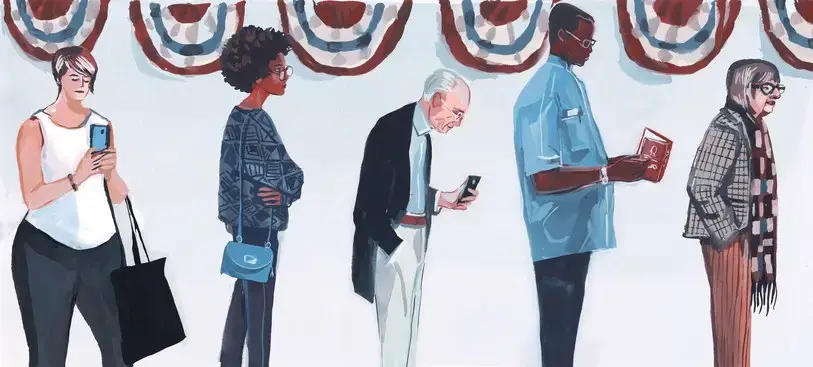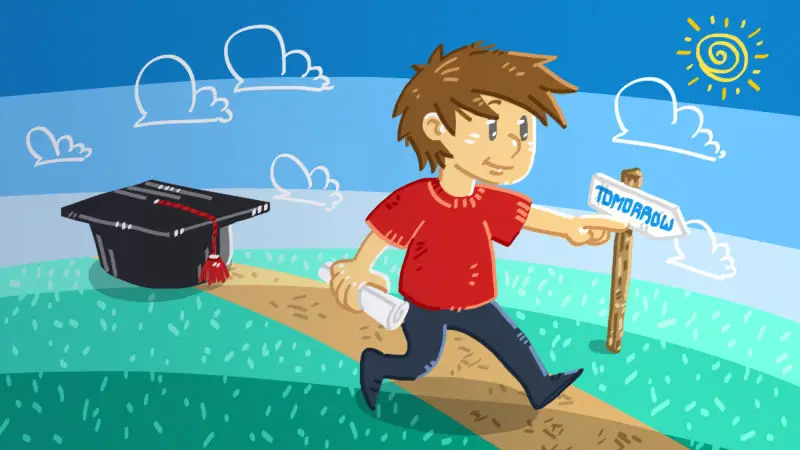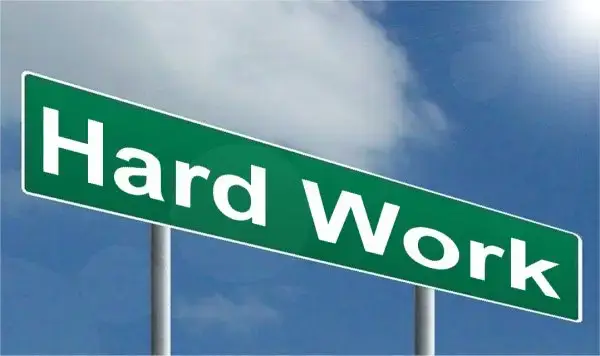While it may seem archaic to some, states such as Georgia and North Dakota are currently grappling with the marginalizing crisis of voter suppression. We may take for granted the right to vote, but to some, it is a right being stripped from their hands.
In Georgia, Brian Kemp is running for governor against Stacey Abrams, despite currently holding the position of secretary of state. As secretary of state, Kemp’s role is to oversee the election process. Recently, a lawsuit has been filed against him due to an investigation which uncovered that, despite midterm elections being less than a month away, Kemp’s office has failed to approve over 50,000 voter registrations.
Kemp faces scrutiny for suppressing minority votes as most of the citizens that have not been approved are African-American. He has stated that his actions follow a 2017 state law which necessitates voter information to match exactly with the data from the Department of Motor Vehicles or Social Security Administration. However, it is evident based on those who have yet to be approved to vote, that this law disproportionately impacts the black and Latino community.
Many believe the law is unjust. It began as a conflict of interest that Kemp has utilized in order to tailor votes for himself. Furthermore, it suppresses the right to vote of an incredibly high number of Americans. Having the ability to vote is the foundation of American democracy, and this liberty should not be stripped from American citizens.
In addition, Native Americans are currently facing adversity in voting. Many are suffering from the controversial law North Dakota passed that requires voters to register with identification that displays a current street address and disqualifies the use of P.O. boxes.
The Native American community has an increasingly large homeless population, as well as many who live on reservoirs that do not have street addresses and therefore rely on using P.O. boxes as their mailing addresses. Also, certain forms of tribal ID do not list address at all.
With only weeks of notice, many have been sent scrambling to meet these demands with the odds stacked against them. This is an injustice to not only the individuals who are being silenced, but to the entirety of our democracy. Ultimately, it serves as a strong reminder that voting is a privilege we must not take for granted on November 6.




